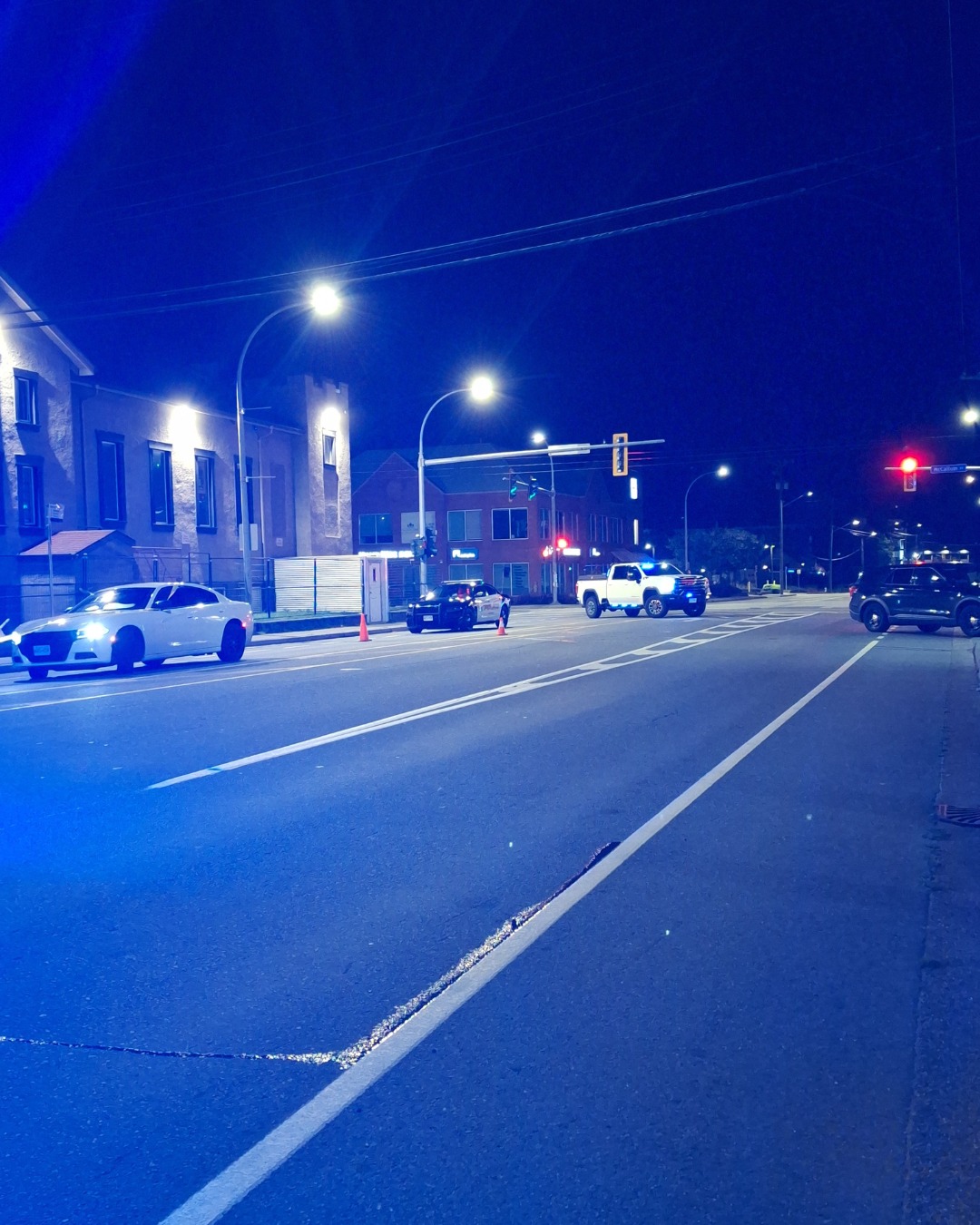Ottawa – There has been quite of but of confusion over the Supreme Court of Canada’s decision over parole eligibility and life in prison terms for First Degree Murders and Mass Murders.
This on the heels of Paul Bernardo, once again, being denied parole as well as the man behind the 2017 Quebec City mass murder in a mosque. The Quebec case was citied in this decision. Bernardo murdered Tammy Homolka, Leslie Mahaffy and a 15 year old only identified as “Jane Doe”. (That was 1990-91).
From the Supreme Court of Canada on Twitter:
The SCC finds unconstitutional the section of the Criminal Code that permits consecutive parole ineligibility periods of 25 years in cases involving multiple first degree murders.
Read our plain-language summary here: https://scc-csc.ca/case-dossier/cb/2022/39544-eng.aspx #criminallaw #Charter
NOTE – Cases in Brief are prepared by communications staff of the Supreme Court of Canada to help the public better understand Court decisions. They do not form part of the Court’s reasons for judgment and are not for use in legal proceedings.
The Supreme Court finds unconstitutional the section of the Criminal Code that permits consecutive parole ineligibility periods of 25 years in cases involving multiple first degree murders.
On the evening of January 29, 2017, Alexandre Bissonnette entered the Great Mosque of Québec armed with a semi-automatic rifle and a pistol and opened fire on the worshippers. He killed six people and seriously injured five others. At trial, he pled guilty to all charges against him, including six counts of first degree murder.
The sentence for first degree murder in Canada is imprisonment for life without the possibility of parole for 25 years. When someone is found guilty of multiple first degree murders, the same 25-year sentence applies to each murder. Usually, offenders serve each of their sentences at the same time (concurrently), but at trial the Crown prosecutor asked the judge to apply section 745.51 of the Criminal Code. This provision allows the periods without eligibility for parole for each murder conviction to be served back-to-back (consecutively). This would have meant the offender would serve six consecutive parole ineligibility periods of 25 years, for a total of 150 years. But counsel for the offender argued the provision is unconstitutional. The trial judge agreed and ordered the offender to serve five of the 25-year sentences concurrently, as well as 15 years for the sixth first degree murder to be served consecutively, for a total ineligibility period of 40 years.
The offender appealed his sentence to Quebec’s Court of Appeal, which also found the provision unconstitutional, but ordered the offender to serve the six sentences concurrently, for a total ineligibility period of 25 years. The Crown then appealed to the Supreme Court of Canada.
The Supreme Court has dismissed the appeal.
Section 745.51 of the Criminal Code violates section 12 of Charter and is therefore unconstitutional.
Writing for a unanimous Supreme Court, Chief Justice Richard Wagner said section 745.51 of the Criminal Code violates section 12 of the Canadian Charter of Rights and Freedoms in a way that cannot be justified in a free and democratic society. Section 12 of the Charter guarantees the right not to be subjected to cruel and unusual punishment. Its purpose is to protect human dignity and ensure respect for the inherent worth of each individual.
In a case of multiple murders, section 745.51 of the Criminal Code allows a court to impose imprisonment on the offender without a possibility of parole for a period of 50, 75, 100 or even 150 years. This provision “authorizes a court to order an offender to serve an ineligibility period that exceeds the life expectancy of any human being, a sentence so absurd that it would bring the administration of justice into disrepute”, the Chief Justice wrote.
A life sentence without a realistic possibility of parole presupposes the offender is beyond redemption and cannot be rehabilitated. This is degrading in nature and incompatible with human dignity. It amounts to cruel and unusual punishment. “By depriving offenders in advance of any possibility of reintegration into society, section 745.51 shakes the very foundations of Canadian criminal law”, the Chief Justice said.
In light of this conclusion, the Chief Justice declared section 745.51 invalid from the time it was enacted in 2011. As a result, the law that existed before that date continues to apply. This means the offender must serve a life sentence without eligibility for parole for a total of 25 years.






